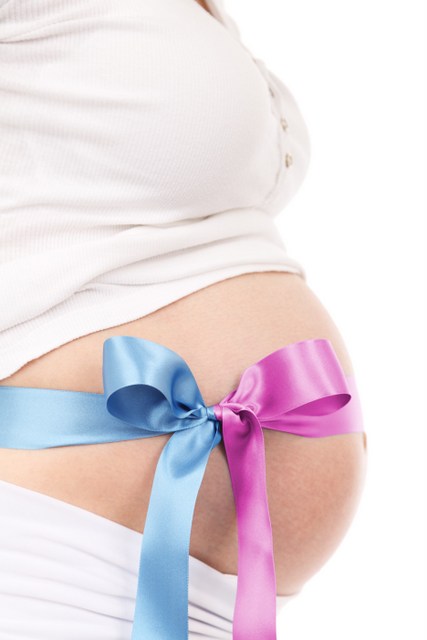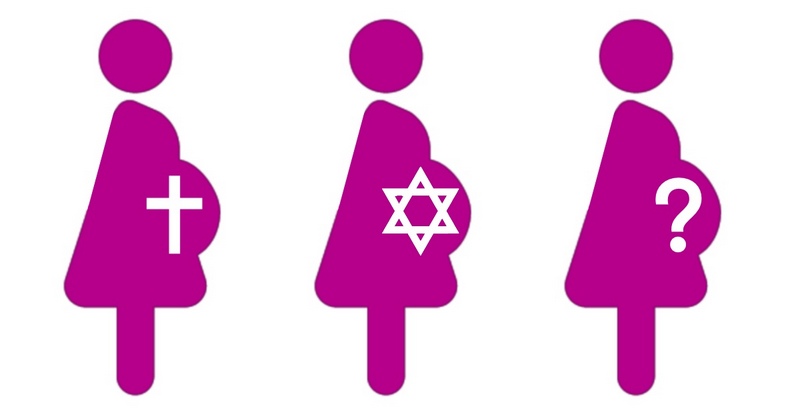Psychologists have observed that the pain and stress of infertility can be more debilitating and overwhelming than a diagnosis of cancer. Infertility affects about 10% of the US population across all socioeconomic levels and ethnic backgrounds. In the United States an estimated 7.3 million people, or 1 in 8 couples, are infertile. Nurses who specialize in reproductive medicine are especially sensitive to the states of mind of their patients as they guide them through their IVF (in vitro fertilization) cycles, which may include rounds of medication, blood tests, sonograms, and retrieval procedures.
Third party reproduction is a special subset of IVF, which involves donor gametes (sperm and/or eggs) or a surrogate (gestational carrier) — a woman who carries the baby (genetically unrelated to her) for another family. And in this specialized aspect of fertility treatment, nurses excel in unexpected ways: nurses (and all other types of health workers) form a large source of egg donors and surrogates for hopeful parents.
Why do nurses make such great egg donors and surrogates? They are compassionate and sensitive to the pain and suffering of others. They have an understanding of the medical processes and are comfortable with medications, blood work, and scans. They are effective communicators with other nurses and physicians. They have a balanced and rational appreciation of the risks. They have patience with anxious parents who worry at every stage of the process.
Furthermore, nurses can donate their eggs or serve as surrogates even if they work full time.
Read More


